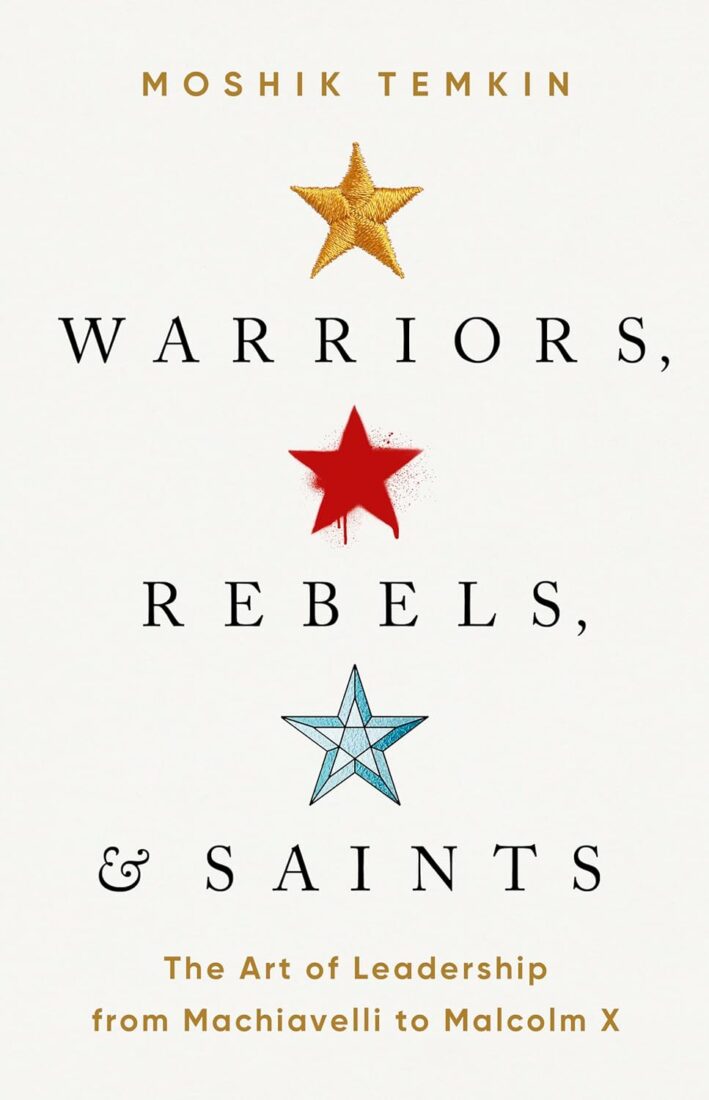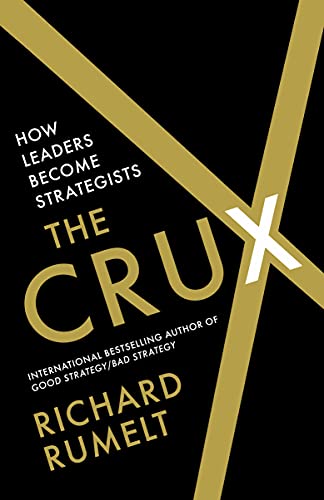5th January 2018, Hindustan Times
R Gopalakrishnan’s new book is not the biography of a single innovation but of innovations in general
Sujoy Gupta
Hindustan Times
Clock-work innovation: One of a cartoon series from 1900 on the inventions that Thomas Edison would ‘without doubt soon perfect’!
The I-word isn’t a nondescript noun any more in India. Once upon a time innovation was indeed an irrelevant concept. The straight and narrow socialist path was once the only non-option available for a discerning Indian talent to reach her destination. Why bother at all to turn right here, turn left there or take a scenic detour? Better be safe than sorry. Don’t innovate.
This Indian paradigm took inordinately long to change. Today, in the corporate world, executives continue to struggle with the I-word, with management jargon possibly contributing to confusing the wondrous ties between creativity and innovation.
This book is deeply insightful as well as pleasantly entertaining. The former is a natural corollary of author R Gopalakrishnan. A rather lonely bright star in the firmament of Indian innovation today, he chaired Tata Group Innovation Forum (TGIF), a Tata Sons Ltd offspring mandated to “positively influence” the culture of innovation in all (emphasis mine) Tata companies. He dreamt of innovation in his sleep and earned the credentials to write this book.
The second attribute cited above, i.e. entertaining, likely stems from Gopal’s genial personality. I suspect he must have been a strict boss, tough taskmaster and implacable colleague. To my knowledge, he kept sense of humour intact through his 50-year career, 31 with Unilever culminating in vice-chairmanship, followed by 19 as director, Tata Sons Ltd. These randomly excerpted vignettes illustrate his penchant for serious entertainment:
R Gopalakrishnan (Abhijit Bhatlekar/Mint)
On whether innovation is a natural human trait
“Would it help to be ‘natural innovators’ if we could think of innovation as being quintessentially human and natural? Fish don’t take swimming classes. They just swim. Flowers are not taught to bloom. But we still need a way to think about the subject.”
How ideas are born
“Much drama is associated with how a concept strikes root in the brain. It has been eulogised as being a flash, an epiphany or a sign of genius. The reality, however, is that neurons are active in the brain all the time. For most of time their signals are not in symphony. But once every so often, through what appears to be a random process, there is a coming together of chaotic signals in the brain. This can be thought to be the formation of a concept.”
On whether leaders are innately innovative
“Leadership in an institution is a formal position. The mere act of achieving an exalted status can cause a leader to give up the growth mindset. Stakeholders and the media love the evergreen idea of an always-successful leader with a blemish-free track record. Why would such a person take a risk that can result in failure or bring criticism?”
The importance of curiosity
“We are not sure why we use the expression ‘Curiosity killed the cat’. In 1588 Ben Jonson used the expression, ‘care’ll kill a cat’. In Much Ado About Nothing William Shakespeare wrote, ‘What courage man! What though care killed a cat, thou hast mettle enough in thee to kill care!’ By 1873 the expression morphed into ‘Curiosity killed the cat.’
“Curiosity is the preserve of all forms of genius. It is curiosity that accounts for the progress of mankind. Let us remember Einstein’s self-description : “I have no special talents. I am only passionately curious.”
Read more: Succession planning not a strong point for most companies: R. Gopalakrishnan
This book is not the biography of a single innovation but of innovations in general, narrating multiple stories that illustrate their respective challenges of survival and growth in each stage. The author hopes this approach enhances the reader’s ability to relate to
the social or corporate environment she is familiar with. Yes it does. So read, learn and enjoy.


